Arabescato Sea
 Italy
(Carrara, Provincia di Massa Carrara, Toscana)
Italy
(Carrara, Provincia di Massa Carrara, Toscana)
Petrographic definition: Marble
Massa Unit Volume: 2699 Kg/m3
Water absorption: 0.40%
Compression breaking load Simple: 135.9 MPa
Compression breaking load after freezing: 129 MPa
Tangent elastic modulus: 76,000 MPa
Secant Modulus: MPa
Indirect Tensile Strength by bending: 20,7 MPa
Coefficient corresponding Abrasion (referred to Granite St. Fedelino): 0.69
Impact resistance: minimum fall height: 41 cm
Coefficient of linear thermal expansion: 7.1 x 10-5 0C-1
Source: Guida “Marmi italiani” - F.lli Vallardi Editori - I.C.E. 1982

Can Italy's Arabescato Sea Marble be used exterior applications in very rainy climates?

Will water stain on white marble go away?

What grade is Italy's Arabescato Sea Marble?

Are there color variations of Italy's Arabescato Sea Marble?

Can Italy's Arabescato Sea Marble be used outdoors?

Can Italy's Arabescato Sea Marble be used in landscaping?

Is Italy's Arabescato Sea Marble an expensive stone?

What is the average density of Italy's Arabescato Sea Marble?

How thick is Italy's Arabescato Sea Marble slabs?

Can Italy's Arabescato Sea Marble be used in a office?
-

FUJIAN NAN'AN XURI STONE CO.,LTD
 China
China
 5YRDiamond members are premium members on platform, providing members with comprehensive approach to promoting their products, increasing products exposure and investment return to maximize.
5YRDiamond members are premium members on platform, providing members with comprehensive approach to promoting their products, increasing products exposure and investment return to maximize.
 Verified Supplier is for prove company authenticity,including business license,trade license and effective office space,to enhance buyers' trust to suppliers and their products, reducing communication costs.
Verified Supplier is for prove company authenticity,including business license,trade license and effective office space,to enhance buyers' trust to suppliers and their products, reducing communication costs.
Contact Supplier
-

Xiamen Yanxi Building Materials Co., Ltd.
 China
China
 3YRDiamond members are premium members on platform, providing members with comprehensive approach to promoting their products, increasing products exposure and investment return to maximize.
3YRDiamond members are premium members on platform, providing members with comprehensive approach to promoting their products, increasing products exposure and investment return to maximize.
 Verified Supplier is for prove company authenticity,including business license,trade license and effective office space,to enhance buyers' trust to suppliers and their products, reducing communication costs.
Verified Supplier is for prove company authenticity,including business license,trade license and effective office space,to enhance buyers' trust to suppliers and their products, reducing communication costs.
Contact Supplier
-

Xiamen Yanxi Building Materials Co., Ltd.
 China
China
 3YRDiamond members are premium members on platform, providing members with comprehensive approach to promoting their products, increasing products exposure and investment return to maximize.
3YRDiamond members are premium members on platform, providing members with comprehensive approach to promoting their products, increasing products exposure and investment return to maximize.
 Verified Supplier is for prove company authenticity,including business license,trade license and effective office space,to enhance buyers' trust to suppliers and their products, reducing communication costs.
Verified Supplier is for prove company authenticity,including business license,trade license and effective office space,to enhance buyers' trust to suppliers and their products, reducing communication costs.
Contact Supplier
-

-

 United States
United States
Contact Supplier
-

-

Fujian Province Ruifengyuan Industrial Co., Ltd.
 China
China
 Verified Supplier is for prove company authenticity,including business license,trade license and effective office space,to enhance buyers' trust to suppliers and their products, reducing communication costs.
Verified Supplier is for prove company authenticity,including business license,trade license and effective office space,to enhance buyers' trust to suppliers and their products, reducing communication costs.
Contact Supplier
-

-

Zhangzhou Bewell Stone Company Ltd.
 China
China
 Verified Supplier is for prove company authenticity,including business license,trade license and effective office space,to enhance buyers' trust to suppliers and their products, reducing communication costs.
Verified Supplier is for prove company authenticity,including business license,trade license and effective office space,to enhance buyers' trust to suppliers and their products, reducing communication costs.
Contact Supplier
-

The request includes: 1. surface finished, size 2. quantity required






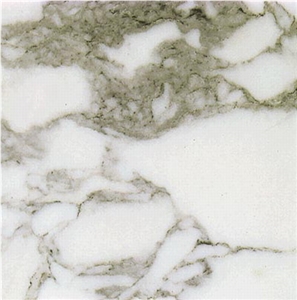
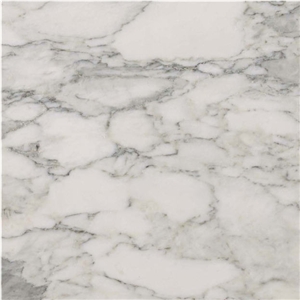
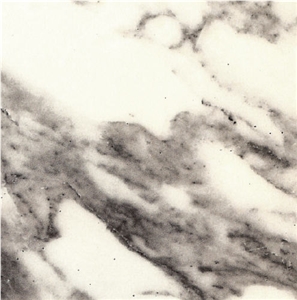
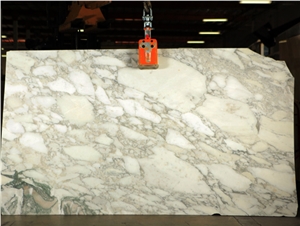
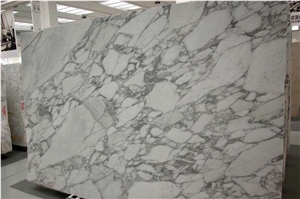
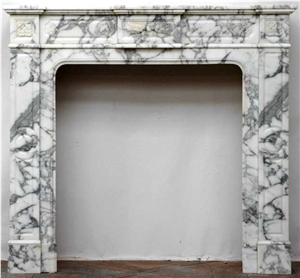
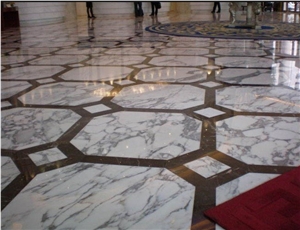
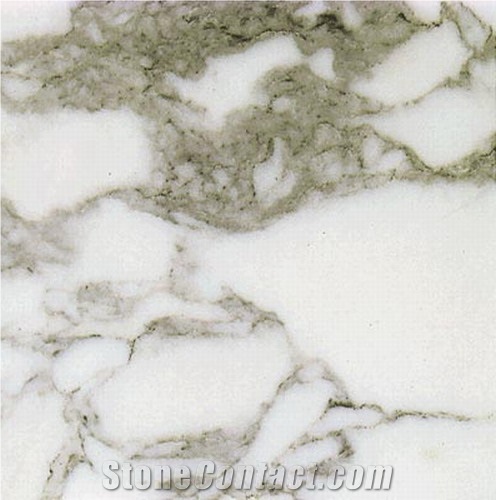
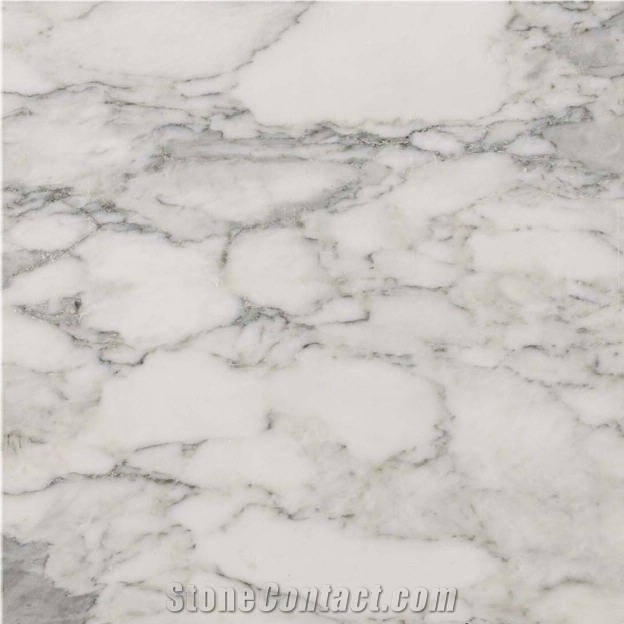
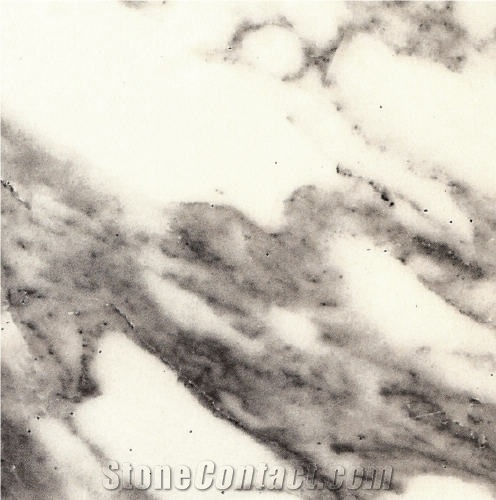
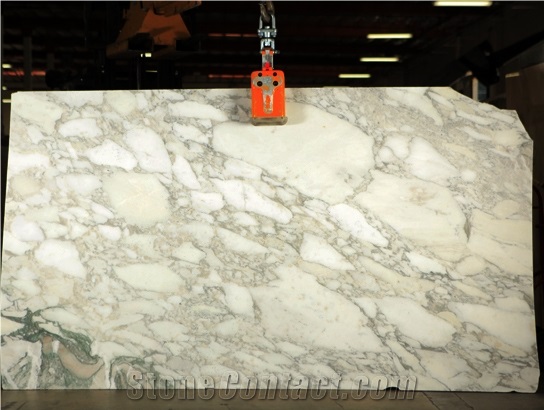
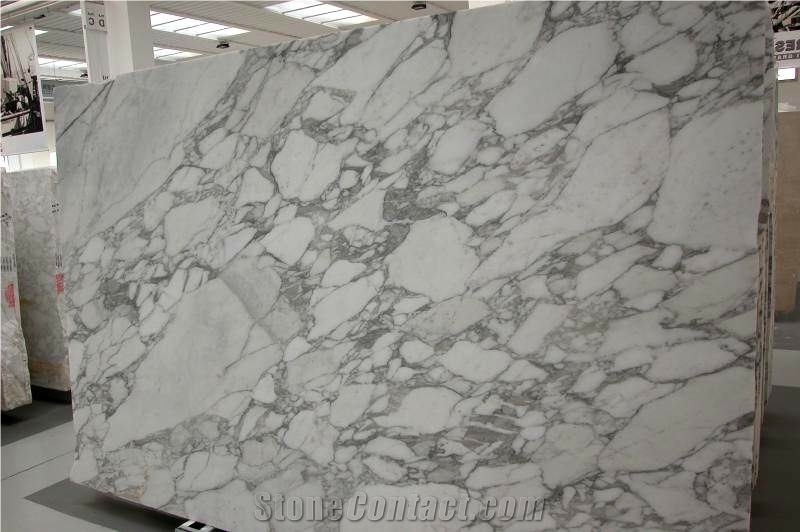
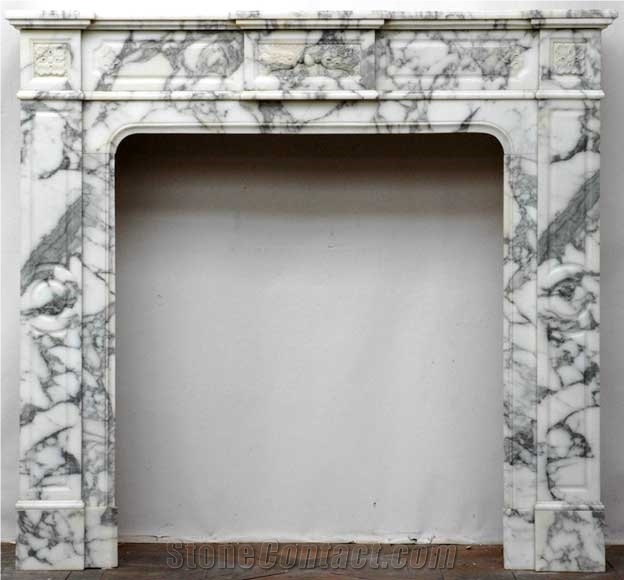
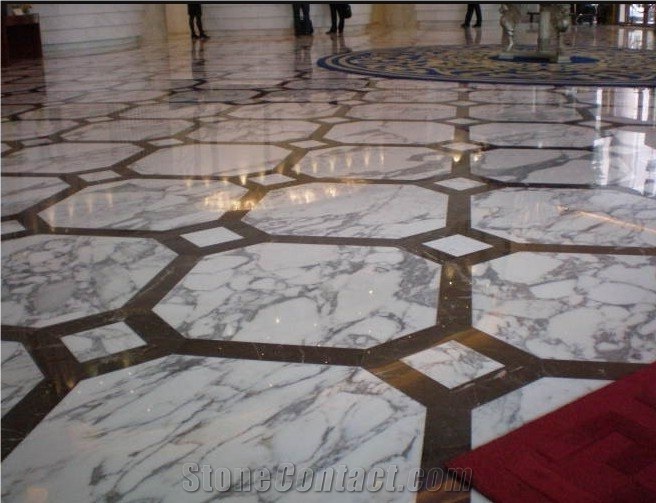
 Greece
Greece